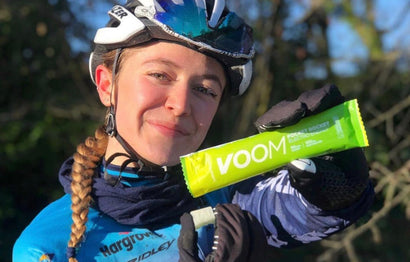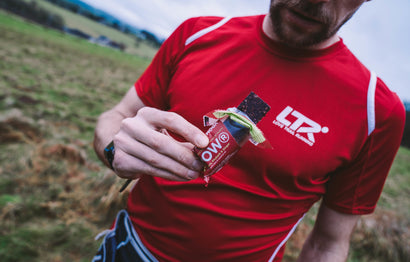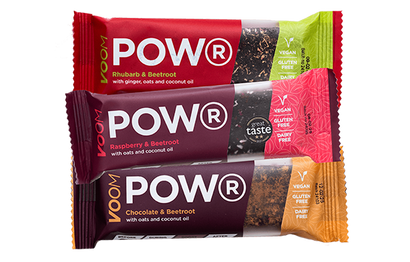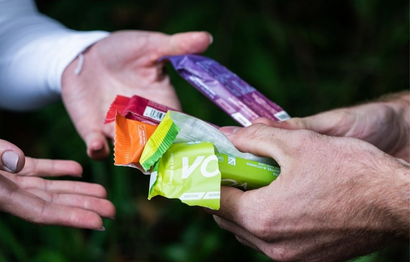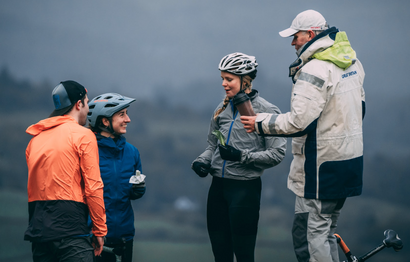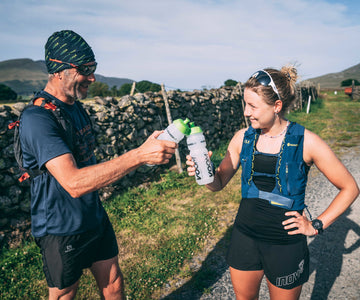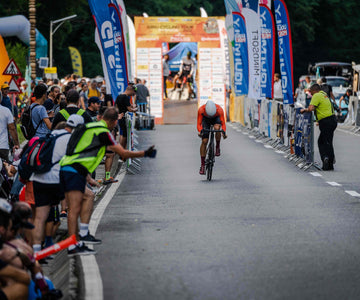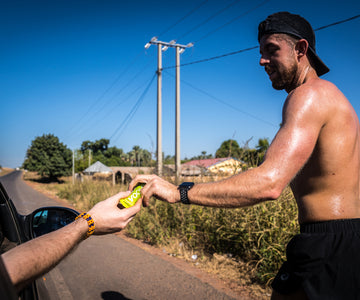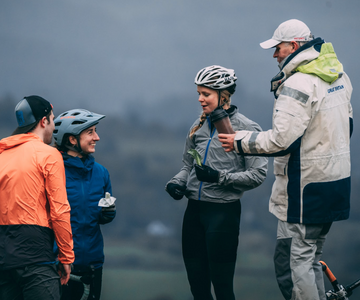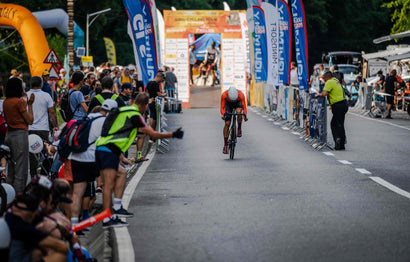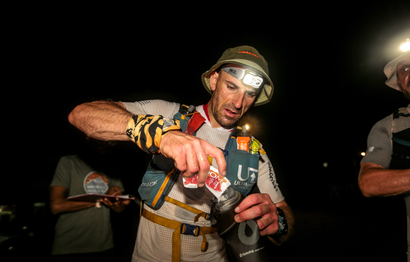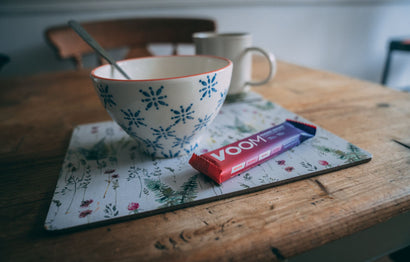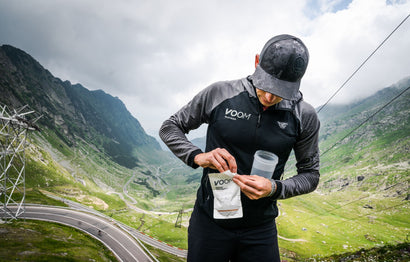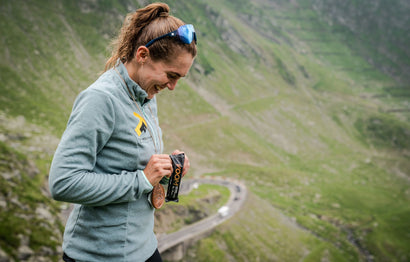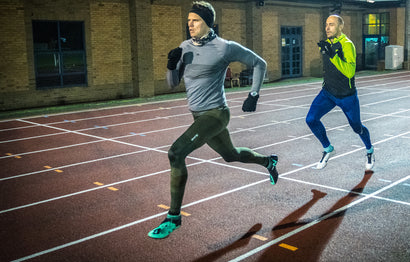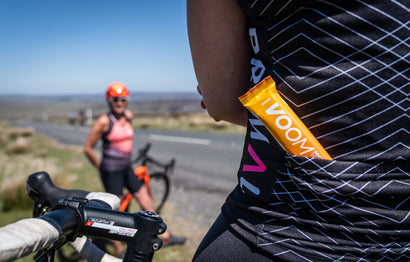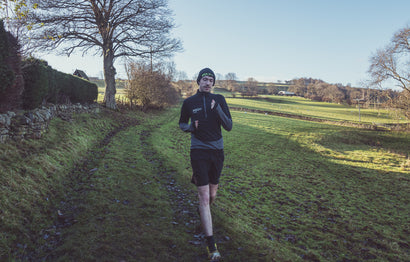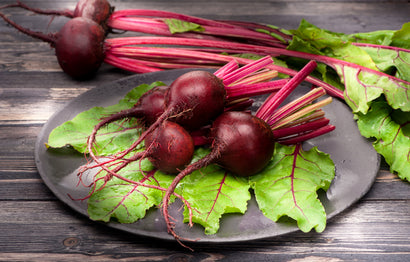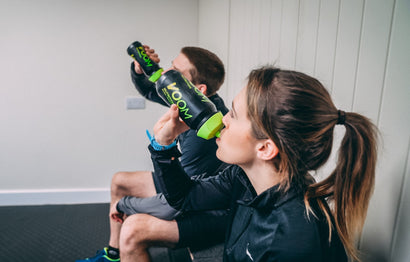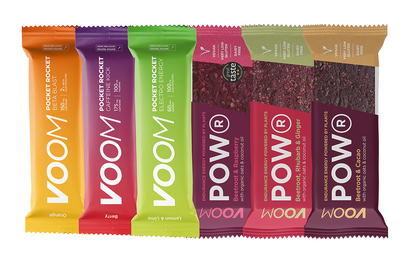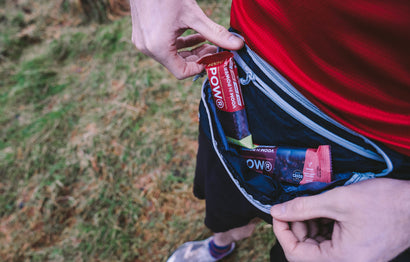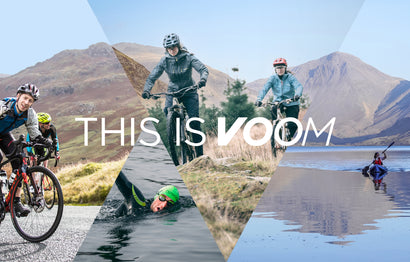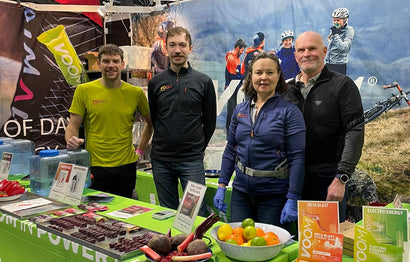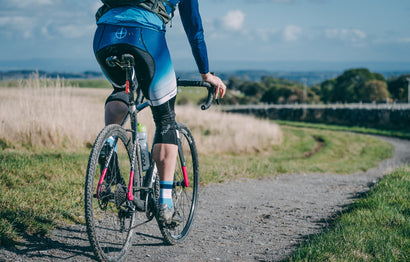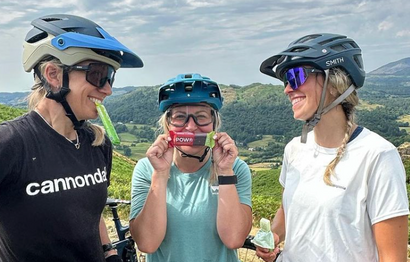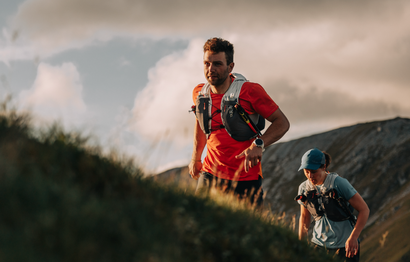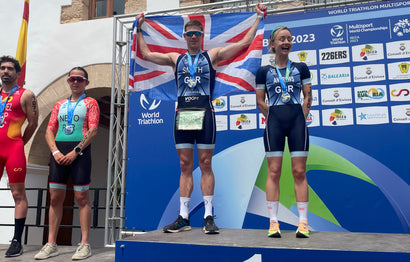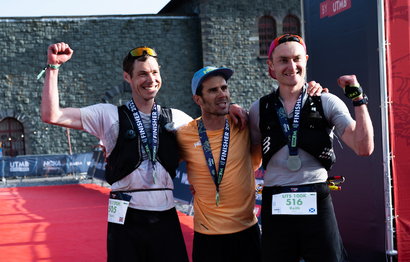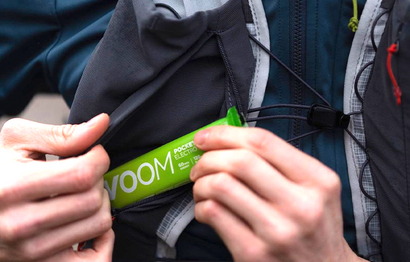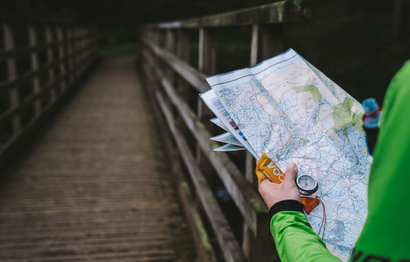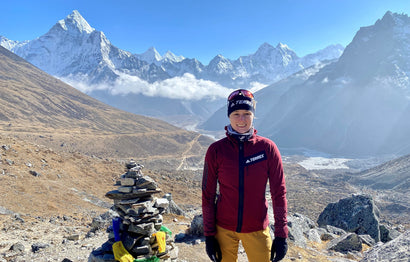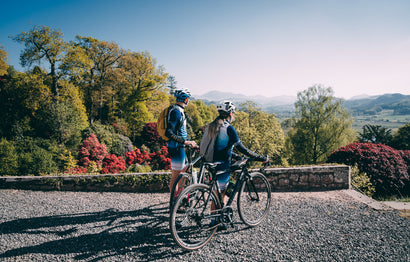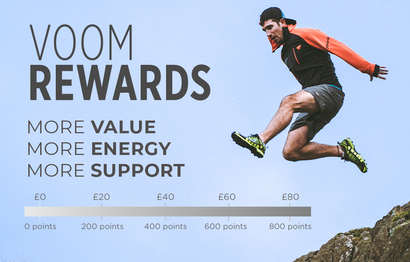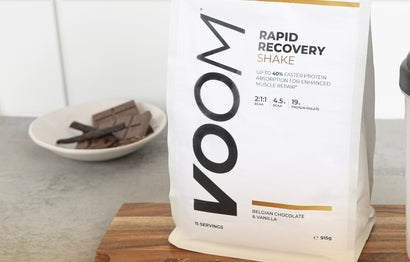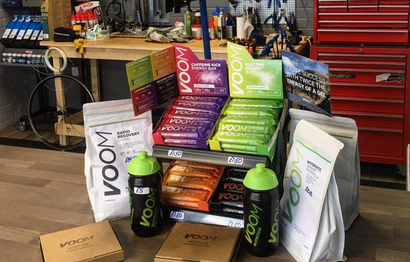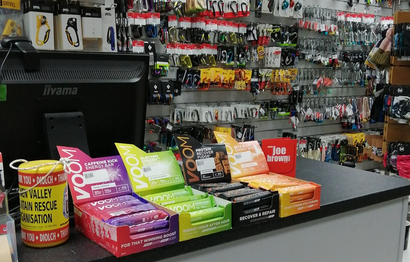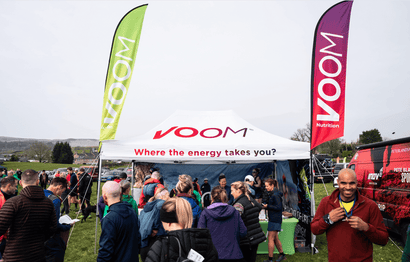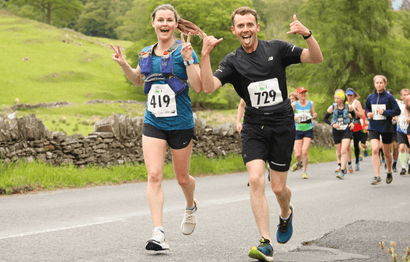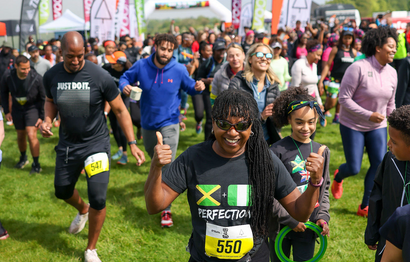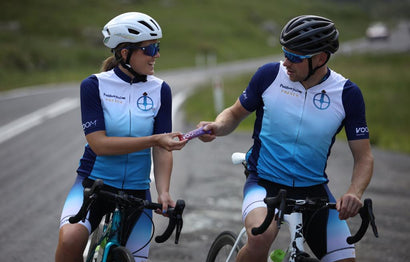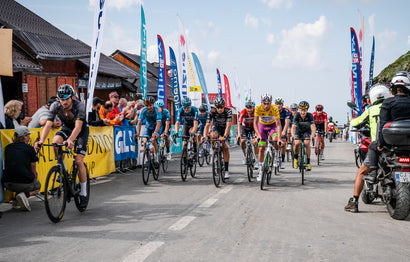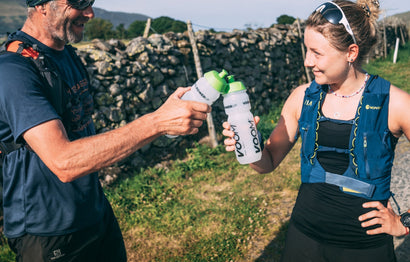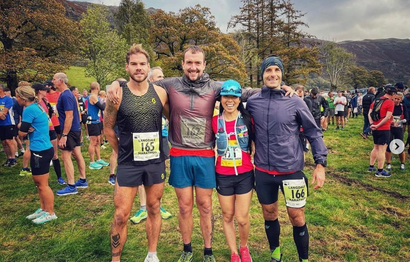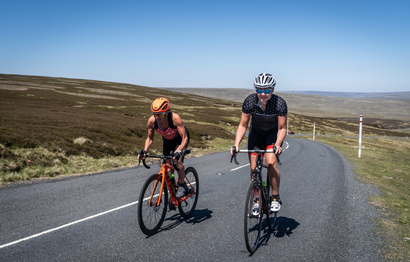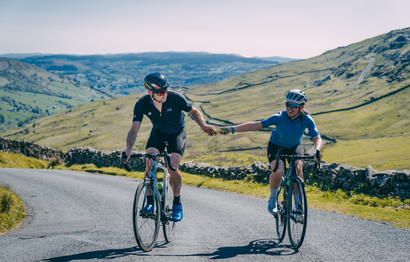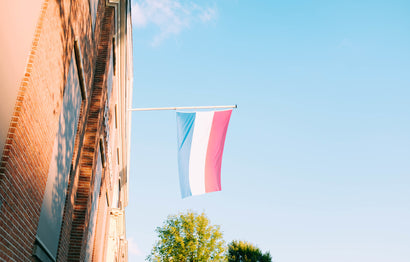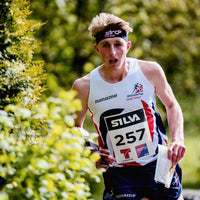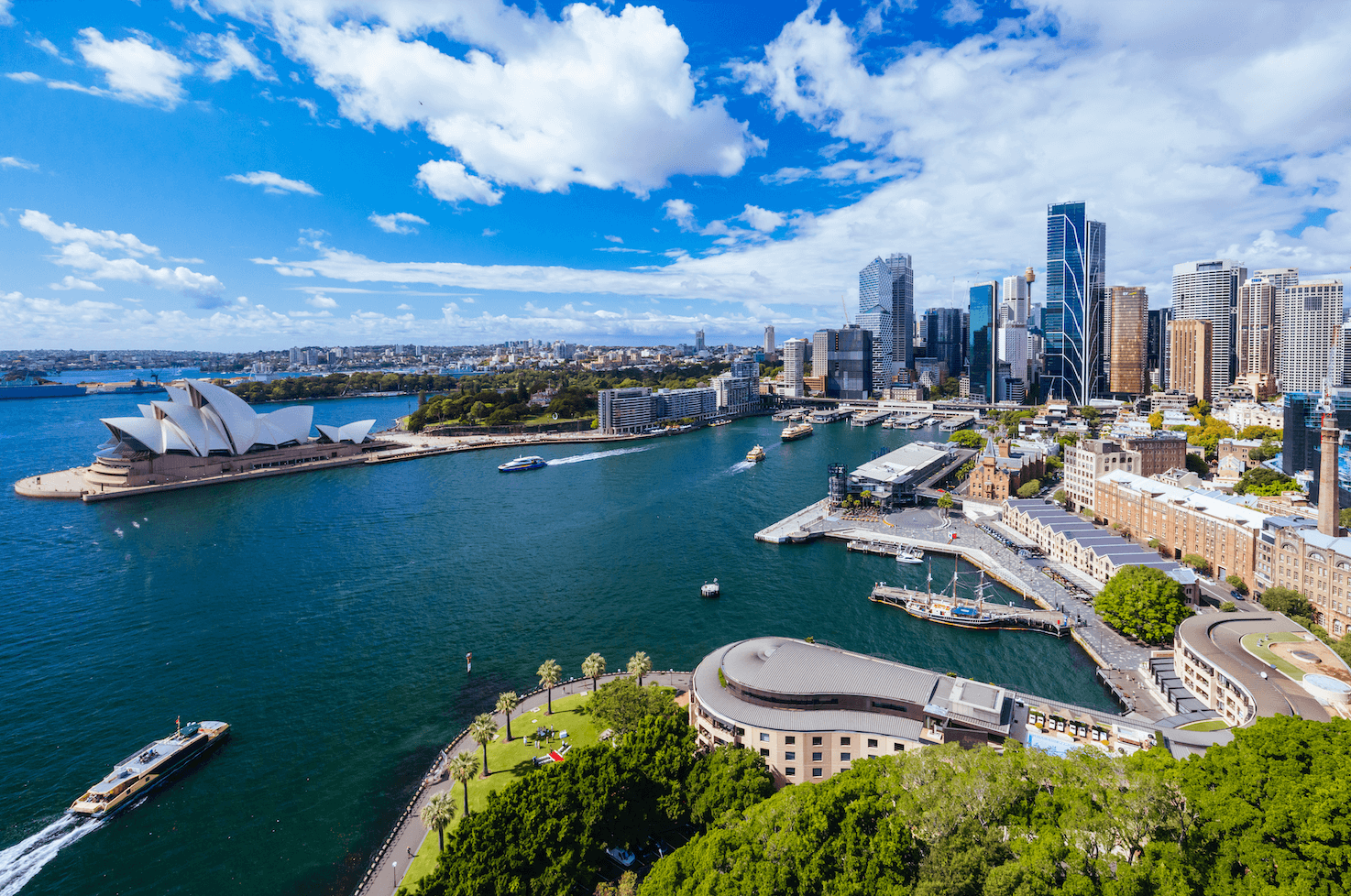GB Orienteer and VOOM athlete Nathan Lawson talks orienteering, how he found his way in the sport plus why and how you should give it a go!
An Introduction to Orienteering Racing
When someone says orienteering, it might conjure up images of hiking with a big rucksack, or taking a bearing across your school playing field, or maybe your Duke of Edinburgh expedition. In my view, orienteering is one of the most misunderstood and misconceived sports out there!
The best way I find to describe orienteering to people is like a cross country or fell race but without a defined route - you have to work that part out for yourself and link up a series of checkpoints. It’s an extremely physical sport but with the added challenge of having to manage difficult navigation at high speeds. It isn’t restricted to paths or tracks either, you go pretty much anywhere (within reason), so it’s a really interesting sport to master trying to work out which route is best for you.
How long is an Orienteering Race?
Races can vary from 3-4 km sprint races, often in more urban areas, to 20km+ epics through a whole range of terrains, from sand dunes to Alpine slopes. For me, this is what makes the sport so fun because you don’t know course until you start, and it takes you incredible places you wouldn’t usually get the chance to explore.

An example map. Credit: World of O.com.
It's also a great sport for life, with competitive age classes starting from under 10 all the way to 90 plus! So even if you aren’t vying for medals at the World Champs you can still have fun and great competition at any age, with the added benefit of the whole family joining in.
For more introductory videos, British Orienteering have filmed a series on YouTube which can give you an idea of how the sport can go.
How did you get into the sport?
Like a lot of orienteers, I started because my parents did it when I was a kid. I spent countless weekends piling into the car to drive to far flung places for races. I’m really grateful for this because it exposed me to a lot of areas of the UK from a young age which I may not otherwise have travelled to. I'm seen here to the right wearing the yellow top after an event!
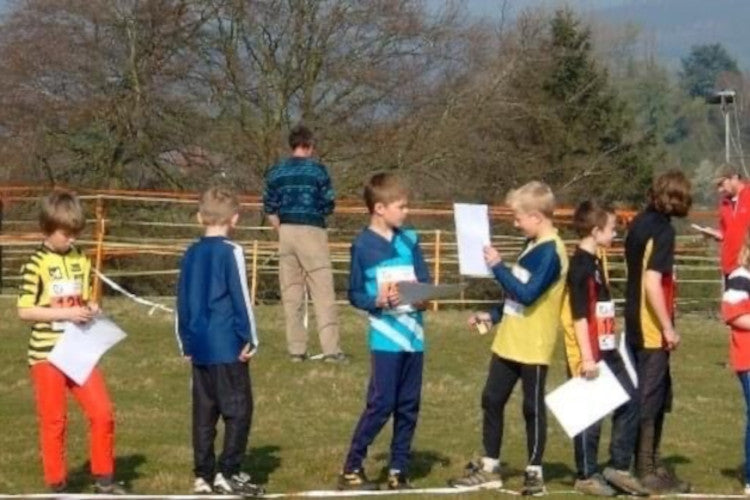
I was sometimes reluctant as a kid, wanting to play football or see friends, but as I got older I came to realise that I was enjoying orienteering more and made a lot of friends around the country that I was eager to see. It also helped that I was beginning to run well, being selected for England at 14 for some junior races and for the GB team for the first time at 17, so I began to take the sport more seriously.

Photo credit: William Hollowell.
I went to the University of Sheffield which has a fantastic history of producing really high level orienteers in the UK and orienteering really was the foundation of my social life there! We all trained hard and pushed each other which definitely made us all improve faster than if we were on our own. I also met my partner through orienteering in Sheffield who runs for and coaches the Australian team, so the sport has definitely had a big impact on my life!
After uni I moved to Australia to coach orienteering and came back to Sheffield to continue studying but also to race and train. I began being more competitive in senior races (21-35 age class) and in 2021 made my World Champs debut for GB in the Czech Republic and raced again in 2022 in Denmark. Since then I’ve been lucky enough to run many World Cup races and European Champs and I’m looking forward to a home World Champs in Edinburgh this summer.

Photo credit: Rob Lines.
Where can people start orienteering?
The UK is full of orienteering clubs and that would definitely be the place to start. There are some great initiatives like Find Your Way and Couch to Green which are programmes aimed at introducing people to the sport in a structured way so you won’t just be let loose to get lost in the woods! There are also a lot of school events and junior races which are a good way to get going from a young age and make it accessible for families.
British Orienteering has a handy tool to see what events are on in your area and like any sport each club has it’s own web page with contacts. Orienteers are a friendly bunch, just reach out! Find you local club here.
Top 5 Orienteering Tips For Beginners
Start slow
One of the things which I think puts runners and athletes off orienteering is that you can only run as fast as you can navigate, so often really fit runners get frustrated. It definitely pays to get the basics right, work out the route first and run or walk at the speed you can read a map. It’s a lot more fulfilling and stops you getting lost!
Go with a friend or family.
Orienteering is a great family sport and a fun activity to do with friends. You get to go to stunning places around the UK or abroad and that’s always better shared with friends.
Wrap up warm and take the right kit
It’s important as with any sport to be prepared for the conditions you’ll be in and even more so if you’re orienteering in remote places. Wear layers if it’s cold, take water if it’s hot, wear grippy shoes and make sure someone knows where you’re heading – taking a whistle in case of emergency is always recommended!
Fuel properly
Orienteering is tough, you may be out for a couple of hours in physical terrain so fuelling right is essential. I tend to have a VOOM Nitrate Endurance Bar before a race with a Caffeine Kick Pocket Rocket and after a hard race I can’t resist some RecoverFudge!
Enjoy it!
Whether you’re at the top level or just starting out, it’s a wonderful sport that teaches you a useful life skill and takes you to some incredible places. Whether you’re lost in your local wood or on the run in winning the British Champs, try to be present and enjoy the spaces orienteering can take you!
What Are The Best Orienteering Events to try?
There are so many to choose from! If you’re just starting out in the UK then definitely try to get along to a British Champs or JK Festival at Easter, it’s a really good showing of how competitive the sport can be.

Photo credit: Forest.Fl
Further afield, there is a race in Finland each year called Jukola which is an overnight relay with 7 legs. There can be over 20,000 people racing and the mass start at night is something to behold! It’s an unreal experience and one that if you get the chance you should take with both hands - a real bucket list event!

